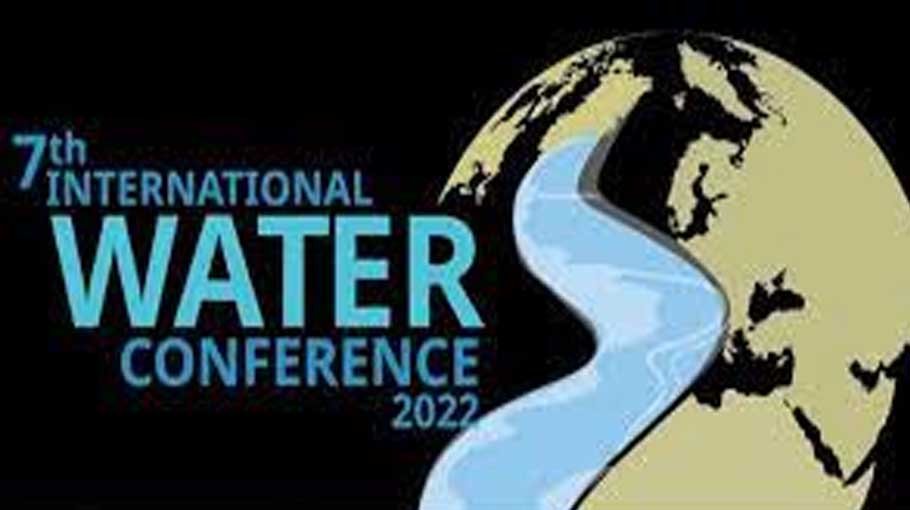Teesta water sharing
Should be based on human, nature

Speakers at the concluding day of the 7th International Water Conference have opined that there is still scopes for cooperation on water sharing of Teesta River and the solution should come keeping in mind the human and nature-based perspective.
Speakers further said it is time to come out from technical and engineering perspective in river water governance as there is still room for solution on water sharing of Teesta.
Dr Eriberto Eulisse, Executive Director of The Global Network of Water Museums, said, “Teesta River is a symbol of changes like other rivers. Cooperation and good practices are needed to resolve any kind of water related resources dispute.”
He also said, “While developing any water museum, we should not only keep in mind the infrastructural development but also the cultural landscape.”
Shahidul Haque, former Foreign Secretary and a Professorial Fellow of NSU, said that in the negotiative world, we can find a better way of collaboration regarding the Teesta water allocation. “There is need for more interaction between the international stakeholders, people and the political leaders. Narratives also should be different considering climate change,” he added.
Shahidul Haque called for the change of mindset and framing of policy makers from a broader people centric frame rather than government centric frame.
In her speech, Farah Kabir, Country Director of ActionAid Bangladesh, said that people live with river, but they were not included in river related discourse. The idea for establishing Water Museum in Kalapara of Patuakhali came from the inclusion of community people in the discourse and the first ever community-based Water Museum in South Asia was established in 2014 by ActionAid Bangladesh. The Water Museum has now become a hub for idea generation, voice of river-based grassroots people, educational platform, and networking with global water museums, she added.
Rahima Sultana Kajal, Executive Director of Association of Voluntary Actions for Society (AVAS) and Member of General Assembly ActionAid International Bangladesh Society, said, “River-centric civilisation is being jeopardised as a result of obstructing the flow of rivers. Due to the so-called development, river water is not being distributed evenly which has resulted in shortage of usable water. The existing laws on river water usage are not being properly enforced.”
Dr Shashwata Bhattacharjee, Head of Bangla Department of Kaunia College, said that if the river dies, the community people life centered on the river also dies. If that community people life is detached from the river-centered livelihood, then the thousand-year-old cherished culture is also ruined.



